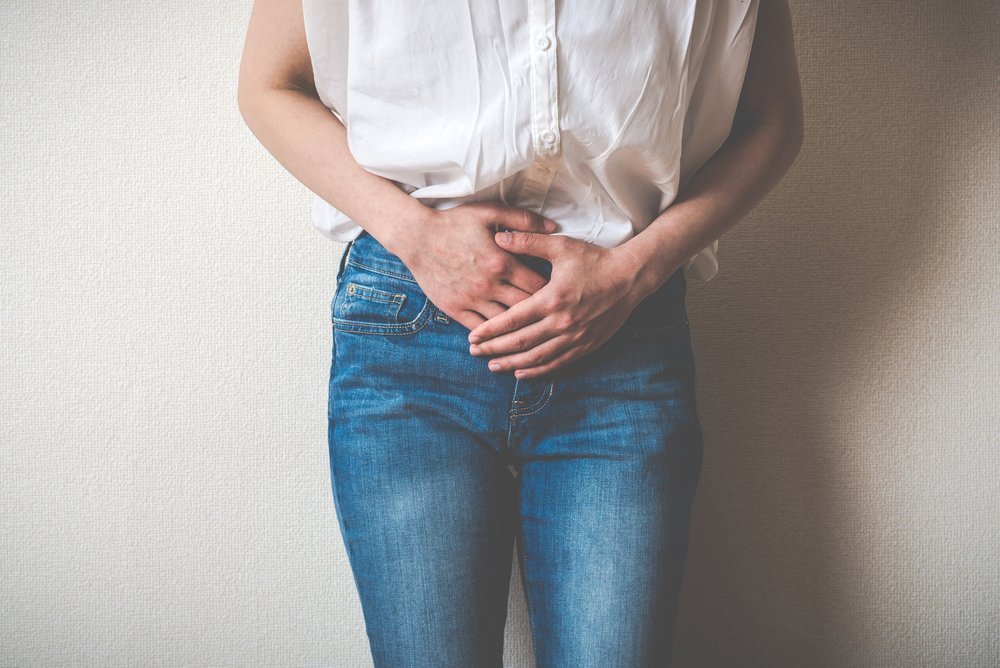Endometriosis is an inflammatory condition that affects the lining of a woman’s uterus.
It can present with a variety of symptoms, but the most common include bleeding or spotting between periods, painful or uncomfortable intercourse and discomfort in the pelvic region. It can also make it harder for a woman to become pregnant and increase the risk of complications during pregnancy.
Because of all of this, many women wonder if endometriosis can be prevented. In today’s blog, we answer that question and take a closer look at some of the factors that influence a person’s likelihood of developing endometriosis.
Is Endometriosis Preventable?
We’ll cut straight to the point and answer the question at the center of the blog – no, endometriosis is not completely preventable. You can do everything in your power to reduce your risk of the condition and still end up dealing with endometriosis. Like many health conditions, there is nothing you can do to completely eliminate your risk of developing endometriosis.
With that said, there are certain factors that can increase or decrease your risk of developing endometriosis. Much of your risk for developing endometriosis will be out of your control, but there is a connection between estrogen levels in your body and endometriosis onset. Working with your doctor to keep your estrogen levels at a healthy level can help to reduce your risk of endometriosis, but as the World Health Organization notes on their webpage about endometriosis, the relationship between estrogen and endometriosis is complex since the absence of estrogen does not always mean the absence of endometriosis.
If you’re interested in trying to help your body maintain levels of estrogen that may help to reduce your risk of endometriosis, consider the following:
-
Consult With Your Doctor About Medication – There are certain medications that you can take to help regulate the amount of estrogen in your body. If your body is producing too much estrogen, you may be able to normalize your levels by taking certain approved medications.
-
Exercise – Studies have found an association between exercise and estrogen levels in the body. Regular exercise can help to lower the amount of circulating estrogen in your body, which may help to lower your risk of endometriosis.
-
Limit Alcohol Consumption – Studies have also found that alcohol consumption can lead to an increased amount of estrogen in the body. Reducing or eliminating your alcohol intake may help to regulate estrogen levels in your body.
-
Avoid Caffeine – Research is a bit mixed on the effects of caffeine and estrogen levels in the body, but it’s unlikely to hurt to cut down on your caffeine consumption if you are hoping to lower your risk of endometriosis. Cutting down on caffeine should not be your only prevention method.
The fact of the matter is that endometriosis cannot be completely prevented, and even if you take the above steps, prevention may be out of your control. Being cognitive of potential symptoms and working with an excellent care team like the group you’ll find at MetroPartners OBGYN can help ensure that you get the best treatment and care in the event that endometriosis becomes part of your journey.
For more information on endometriosis or a different women’s care issue, reach out to the team at MetroPartners OBGYN today at (651) 770-3320.

